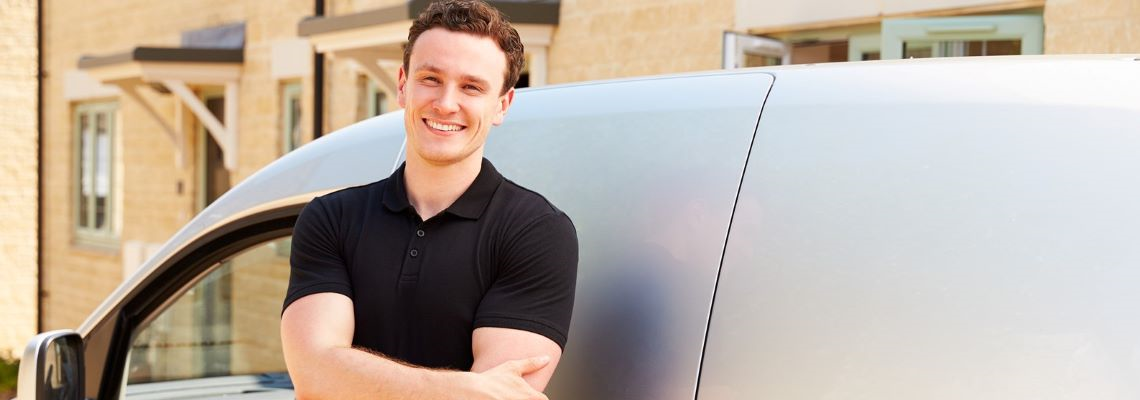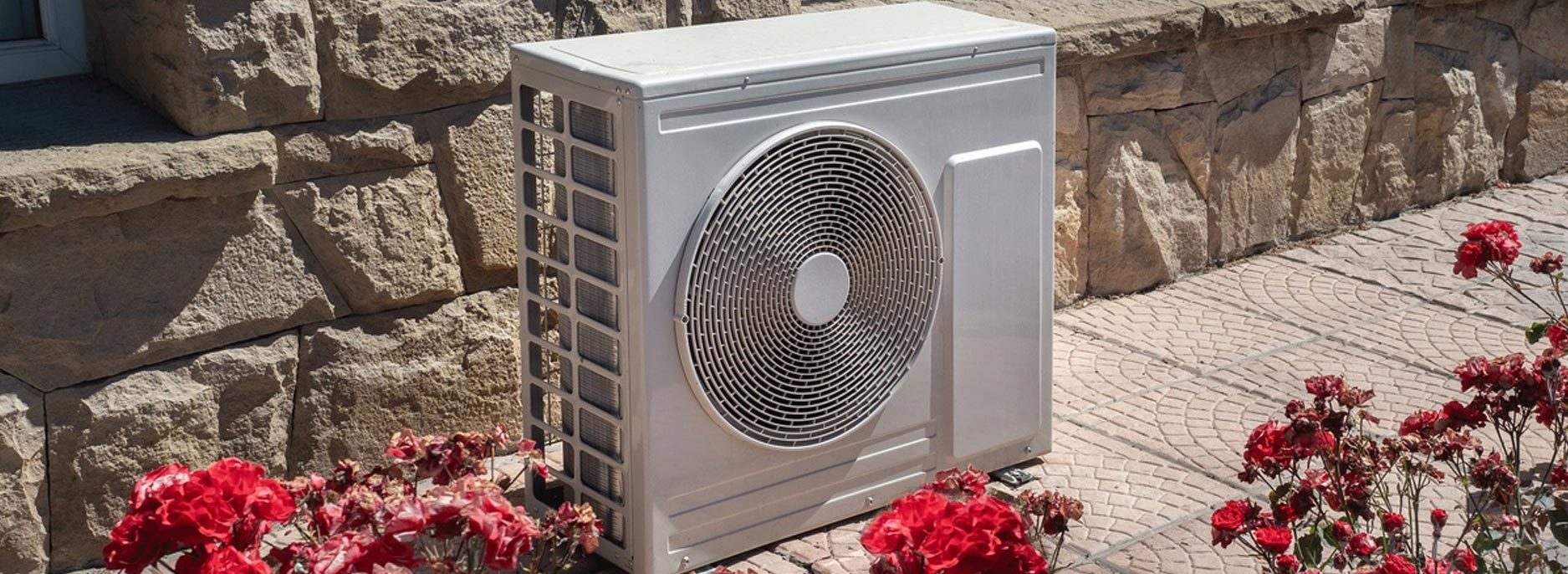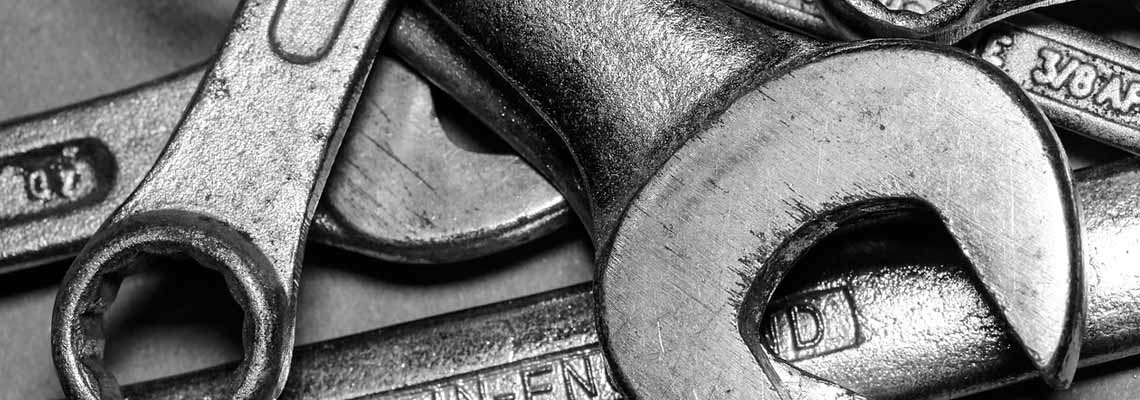In the fight against climate change, the UK has set a target of achieving net zero carbon emissions by 2050.
Announced in June 2019 by Theresa May, before her time as Prime Minister came to an end, these targets made the UK the first of the G7 countries to commit to reaching net zero emissions. However, despite the target, some are saying it’s not ambitious enough and a concrete plan hasn’t been put into place outlining how the UK will achieve net zero carbon emissions by 2050.
For the target to be achieved, environmentally-friendly changes will need to be made to all industries from transport to food to home heating.
So, how could the 2050 target impact the working life of tradespeople?
Transport
The van is synonymous with tradespeople. Providing plenty of space for all the tools and kit a day on the job requires but they aren’t exactly kind on the environment.
Owners of vehicles that emit CO2 into the atmosphere already have to pay Vehicle Excise Duty (VED). Lower VED rates are available to vehicles with low emissions and electric car owners don’t have to pay a penny.
When it comes to van drivers, according to the governments The Road to Zero, a new VED for vans that will incentivise van drivers to choose the most environmentally vehicle is currently being consulted.
Tradespeople working in London will have also experienced the introduction of an Ultra Low Emission Zone, with drivers of motor vehicles being hit with a daily charge to drive through the centre of the capital.
What’s the solution then? Well, a bicycle is the quickest way to get around emission-free but depending on how much you need to take with you and how far you’re travelling, this probably isn’t practical.
Electric vehicles are gradually becoming more affordable and more popular as a result. Plus, they have the added benefit of no VED, which could add up to considerable savings over time.
Home Heating
Home heating is thought to account for around 14% of all UK carbon emissions. Drastic changes will need to be made to lower the emissions from home heating which will have an impact on the heating industry:
- New skills will need to be learnt and qualifications earnt
- More engineers are likely to be needed
As well as the above, it should also lead to an increase in the amount of work available as homeowners look for a heating engineer qualified to install a renewable heating system.
Heating engineers will already be well aware that as of 2025 gas boilers will be banned from being installed into new build homes, this came about following recommendations from the Committee on Climate Change (CCC). In their place will be renewable heating systems, such as heat pumps.
To achieve the net zero targets, ensuring that new homes have renewable heating systems is unlikely to be enough considering that millions of gas and oil boilers are already installed across the country. The efficiency of existing buildings and heating systems will also need to be improved to meet the targets.
Environmentally friendly changes to homes and buildings should include:
- Installation of heat pumps
- Uptake in solar panels
- Switch to electric boilers
- Properties taking more energy saving measures (insulation, double glazing)
Get more work with Boiler Guide
An increasing number of homeowners are recognising the importance of renewable energy and as a result, we’re seeing an increase in enquiries for renewable technology.
At Boiler Guide, we’re generating leads from people right across the UK looking for qualified professionals to:
- Install renewable technology and solar panels
- Replace, repair or service their existing central heating system
- Fit double or triple-glazing around their home
All of our leads are accessible by creating a free account and there are no membership or subscription fees whatsoever, simply pay for leads as and when you want them.
- Free sign-up
- No membership fees
- No-obligation to buy leads
Sign up for a free Boiler Guide account today and you’ll be able to see all of the leads available in your area straight away.





